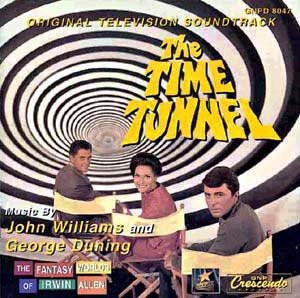
I. Once upon a time, traveling by canoe, dugout, boat, ship or ferry was the most practical way to go. Horses, mules, oxen and traveling by foot also helped. Villages, towns and little cities were made for walking.
Then came the trains, the railroad, the telegraph, the street cars, the big cities fed, clothed and kept informed about everything from sports teams to market prices.
Down the line came more changes: horseless carriages, automobiles, cars, lorries, trucks, telephony, radio, dirigibles, aeroplanes, fast ships and submarines, the U-boats, nuclear powered rockets, jets, satellites, wireless communication.
At some point, the waterways became more obstacles than practical avenues for travel, unless one was rich and shipping ores, petroleum, slag, or goofing off on yachts, motorboats, sail boats.

II. Take Detroit, for example. (And many thanks to Mark aka Walking Man for his March 10, 2009 Detroit post, which led me here:
http://themanwhowalksalonewalksfaster.blogspot.com/2009/03/detroit-deep-within-castle-walls-where.html)
Look how geography hems Detroit in, thanks partly to a lakes-and-riparian international boundary. Where are those students and workers to come from, when the fact of Canada blocks off nearly half Detroit's geographic draw?
A few tunnels and bridges, ferries, commerce bottlenecked by a military border dating back to the War of 1812, back to the Seven Years War and frontier fighting, tribal trade routes and internecine warfare.
The rise of the automobile, the killing off of streetcars and much of civil society, the destruction of the walking city, expanding suburban blight, strip malls, gas-fueled expansion in every direction away from the international border, much of it privately "owned" on the US side vs. public parks and walkways on the Windsor, Ontario side.
How about we uncork the bottlenecks between Canada and the USA, make movement easier, less hostile both ways? How about we lay down track for passenger rail between suburbs and cities, across borders?

III. Reality. Watch a movie. How about Marion Cotillard (here pictured) in Ridley Scott's A Good Year (2006), set in France and also featuring, among others, Russell Crowe and Abbie Cornish? Better to dream of France than try to sell a new French Quarter for Detroit, even though it could be way cool and way civilized.
Today's Rune: Wholeness.










2 comments:
There is opportunity here to downsize Detroit correctly, if all involved would just get on board. I can't see it in my lifetime though because the divisions here are deeply ingrained.
The odd thing Erik is that quite a few of us who were born here have ancestors who crossed many international borders. My mothers came from Canada in 1919, my wife's parents came from Italy and Canada via the Ambassador bridge in 1948.
It, to some degree, is that draw from all over the world that today, two, three, ten generations later, that is the root cause of the divisiveness that is killing the area.
After 1914 (Henry Ford and his $5 wage) so many cultures came here and did not assimilate into a new culture. Choosing instead to remain in areas established by them, iss the model we still live by.
Think:
Hamtramk
Dearborn
The Black Bottom
East Side Italian
West Side Irish
South West Eastern European
Far North West Jews
Indian Village
Palmer Park
Sherwood Forest
Cass Corridor
Highland Park
Neighborhoods no longer recognized because the populations that sustained them are gone, leaving only blight in their wake.
Beginning in 1960 or thereabouts the White Flight moving out to establish and strengthen the now ring suburbs which started out as bedroom communities to Detroit's still burgeoning job market, gave the resident population places to flee to.
In my way of thinking until we first define and then eradicate the pandemic separatist ideology, there is no business willing or even able to utilize this areas strength, which historically has been labor.
It appears that none wants to bend their back to the heavy lifting it will take though.
Change is inevitable, I guess. hard to think almost of a walking cities. but yes.
Post a Comment